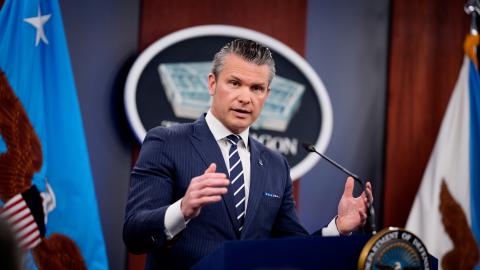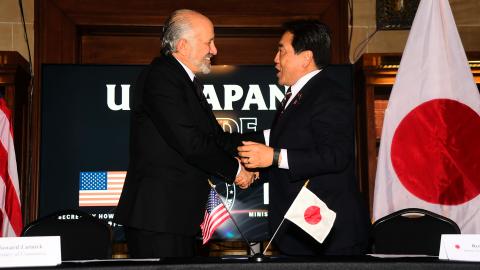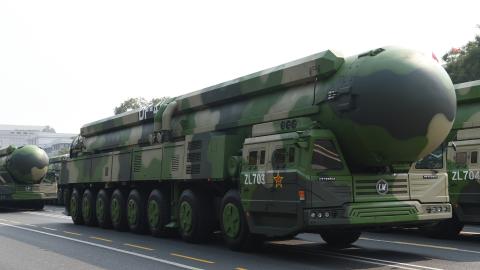In his State of the Union address, President Obama launched his latest campaign in the war of ideas over global warming and what to do about it. This time, instead of a mandatory cap on greenhouse gas emissions, he proposes that Congress enact a clean energy standard though just what will count as clean remains fuzzy.
Many Republicans will doubtless again respond by challenging the science that shows that greenhouse gas emissions could cause harmful climate change. Were such challenges directed at poking holes in the often hyped claims of green advocates, they would serve the public interest. But Senator James Inhofe and many other Republicans go much farther, claiming that manmade climate change is a huge scientific hoax and that greenhouse gas emissions pose no risk.
Hoax, really? Svante Arrhenius, a Swedish Nobel laureate chemist, first described the greenhouse effect in 1896. Science, then, has long known that carbon dioxide and some other naturally occurring gases in the atmosphere cause Earth to be about 30 degrees C warmer than it otherwise would be. Mankind, by burning fossil fuels and cutting down forests, is adding to the atmospheres stock of warming gases. If that process continues, all else being equal, simple logic tells us that the planet will warm further. Warming is highly likely to affect rainfall, clouds, ice cover, and much else.
That said, the size, timing, and economic impacts of manmade emissions remain unclear. Some climate system responses to the build-up of greenhouse gases are known to dampen the extent of warming and some to amplify it. The balance between the two responses remains under debate. In other words, a given increment of emissions could produce a lot of change or only a little.
Thus, climate science provides at best hazy guidance. Even so, some scientists are calling for stringent curbs on emissions. Their demands largely ignore the need for policy to factor in economic and political realities that lie outside the scope of climate science and that are far beyond the ken of most climate scientists. These scientists, moreover, have been quite lax about distinguishing which of their statements rest solely on science and which voice their personal policy preferences.
Mr. Obama, in order to cloak his proposals in the mantel of science, is happy to go along. But noting that greenhouse gas emissions do imply some risk of harmful climate change is a far cry from concluding that the Obama clean energy standard is in the U.S. national interest. For one thing, a ton of carbon dioxide has the same effect on climate regardless of where it is emitted; therefore, halting manmade warming requires cutting emissions globally. In fact, the U.S. accounts for only about a fifth of the worlds total, and, as emissions from China, India, Brazil, and other developing countries surge massively, the U.S. share of the total is falling fast.
The developing countries, meanwhile, have staunchly rejected all pleas to accept slower economic growth as the price of limiting their emissions. They know that climate change poses a threat, but they judge that rapid economic growth is the best armor against the ill effects that it might someday bring.
Mr. Obama would do well to ask himself if this insight might also apply to the U.S. A rich endowment of human and physical capital is a key to being able to adjust to climate change at low cost. Buying emission cuts at too dear a price will reduce our resources for adapting to climate change, much of which is unavoidable given the choices of the developing countries. Conversely, if Mr. Obama still nurtures hopes of persuading China, India, and others to curb their emissions, using U.S. emission cuts as a bargaining chip would offer more hope than would handing them over for free.
Instead, the president is trying again for the climate version of unilateral disarmament. One can only hope that Republicans have the votes to reject his new scheme. As to an intelligent debate about how best to cope with the risks of climate change, that, clearly, must await another day.














